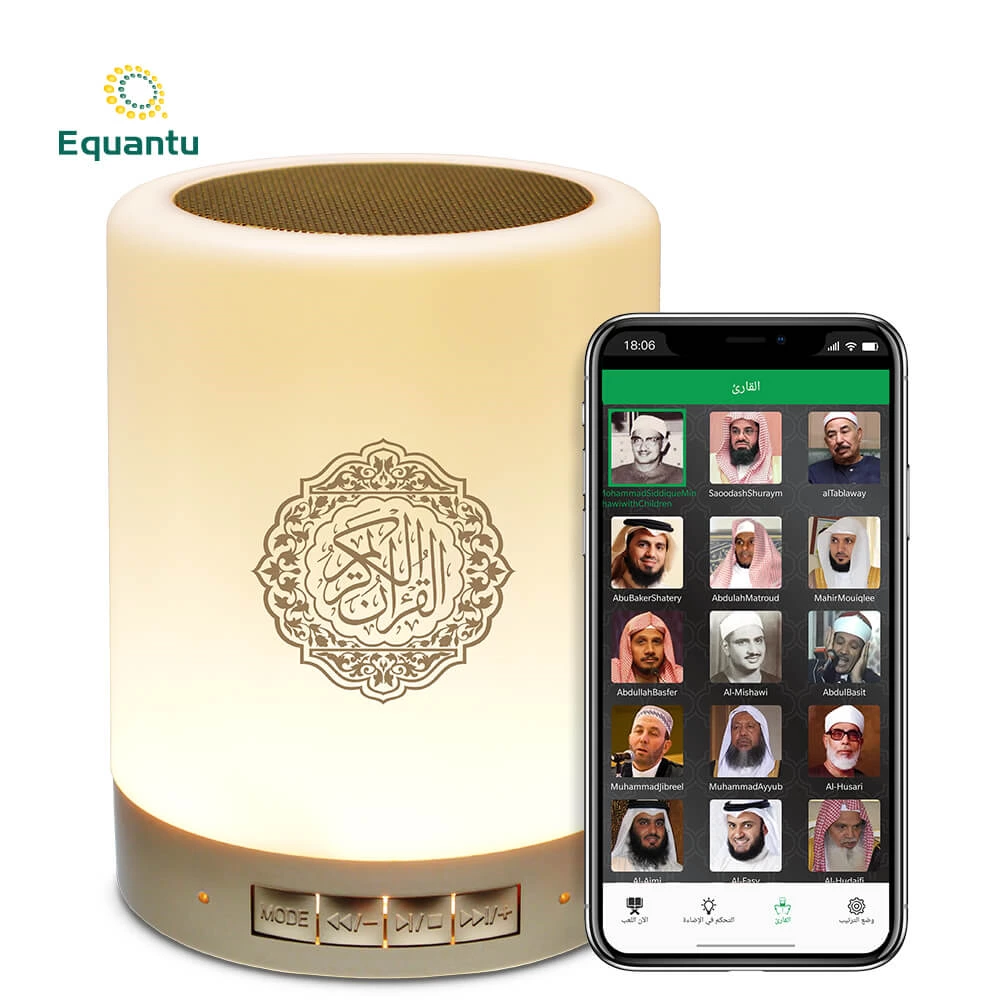1. Fostering Unity
- Congregational prayers bring Muslims together regularly
- All pray in the same direction (Qibla), symbolizing unity of purpose
- Erases social, economic, and racial distinctions during worship
2. Building Social Bonds
- Regular meetings at the mosque for prayers facilitate social interactions
- Opportunities to know neighbors and community members
- Strengthens brotherhood/sisterhood in faith
3. Community Support System
- Allows community members to check on each other's well-being
- Absence from regular prayers can alert others to potential issues
- Facilitates mutual support and assistance
4. Spiritual Growth
- Collective worship can enhance individual spiritual experiences
- Sharing of knowledge and understanding after prayers
- Motivates individuals to maintain regularity in worship
5. Character Development
- Regular prayer instills discipline and punctuality
- Encourages cleanliness and good personal habits
- Promotes humility and equality
6. Conflict Resolution
- The peaceful atmosphere of prayer can soften hearts
- Encourages forgiveness and reconciliation
- Provides a neutral ground for addressing community issues
7. Youth Engagement
- Involves young people in community activities
- Provides positive role models and peer groups
- Helps in transmitting religious values to the next generation
8. Economic Cooperation
- Discussions after prayers can lead to business networking
- Promotes ethical business practices based on Islamic principles
- Encourages charitable giving and support for community projects
9. Education and Learning
- Sermons during Friday prayers offer continuous learning
- Encourages seeking of knowledge as a lifelong pursuit
- Mosque study circles often form around prayer times
10. Cultural Preservation
- Maintains Islamic traditions and practices
- Provides a platform for cultural expression within Islamic framework
- Helps immigrant communities maintain their identity
11. Crisis Management
- Mosques and prayer gatherings become central points during community crises
- Facilitates organized community response to challenges
- Provides spiritual and emotional support during difficult times
12. Interfaith Bridge-Building
- Open mosque policies during prayer times can facilitate interfaith understanding
- Demonstrates the peaceful nature of Islamic worship to non-Muslims
- Can be a platform for dialogue and mutual respect
13. Health and Well-being
- Communal aspect of prayer combats isolation and loneliness
- Physical movements in prayer promote health and fitness
- Spiritual peace from prayer can have positive mental health effects
14. Social Responsibility
- Reminders during prayers about community duties and moral obligations
- Encourages active citizenship and community service
- Promotes caring for the environment as part of religious duty
15. Global Connectivity
- Aligns local communities with the global Muslim Ummah
- Creates awareness about issues affecting Muslims worldwide
- Encourages support and prayers for Muslims in other parts of the world
Conclusion
Prayer in Islam is not just an individual spiritual act but a powerful force for community building and strengthening. It serves as a regular reminder of shared faith and values, bringing Muslims together in a bond of brotherhood and sisterhood. By fostering unity, facilitating social interactions, and promoting collective welfare, prayer plays an indispensable role in creating and maintaining strong, vibrant Muslim communities. As Muslims gather for prayer, they not only fulfill a religious obligation but also contribute to the social, moral, and spiritual fabric of their community.







